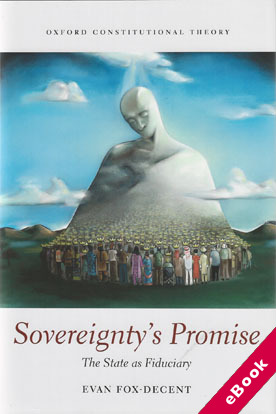
The device(s) you use to access the eBook content must be authorized with an Adobe ID before you download the product otherwise it will fail to register correctly.
For further information see https://www.wildy.com/ebook-formats
Once the order is confirmed an automated e-mail will be sent to you to allow you to download the eBook.
All eBooks are supplied firm sale and cannot be returned. If you believe there is a fault with your eBook then contact us on ebooks@wildy.com and we will help in resolving the issue. This does not affect your statutory rights.
Political theory is traditionally concerned with the justification and limits of state power. It asks: Can states legitimately direct and coerce non-consenting subjects? If they can, what limits, if any, constrain sovereign power? Public law is concerned with the justification and limits of judicial power.
It asks: On what grounds can judges 'read down' or 'read in' statutory language against the apparent intention of the legislature? What limits, if any, are appropriate to these exercises of judicial power? This book develops an original constitutional theory of political authority that yields novel answers to both sets of questions. Fox-Decent argues that the state is a fiduciary of its people, and that this fiduciary relationship grounds the state's authority to announce and enforce law.
The fiduciary state is conceived of as a public agent of necessity charged with guaranteeing a regime of secure and equal freedom. Whereas the social contract tradition struggles to ground authority on consent, the fiduciary theory explains authority with reference to the state's fiduciary obligation to respect legal principles constitutive of the rule of law. This obligation arises from the state's possession of irresistible public powers.
The author begins with a discussion of Hobbes's conception of legality and the problem of discretionary power in administrative law. Drawing on Kant, he sketches a theory of fiduciary relations, and develops the argument through three parts. Part I shows that it is possible for the state to stand in a public fiduciary relationship to its people through a discussion of Crown-Native fiduciary relations recognized by Canadian courts. Part II sets out the theoretical underpinnings of the fiduciary theory of the state. Part III explores the implications of the fiduciary theory for administrative law and common law constitutionalism.
The final chapter situates the theory within a broader philosophical discussion of the rule of law.